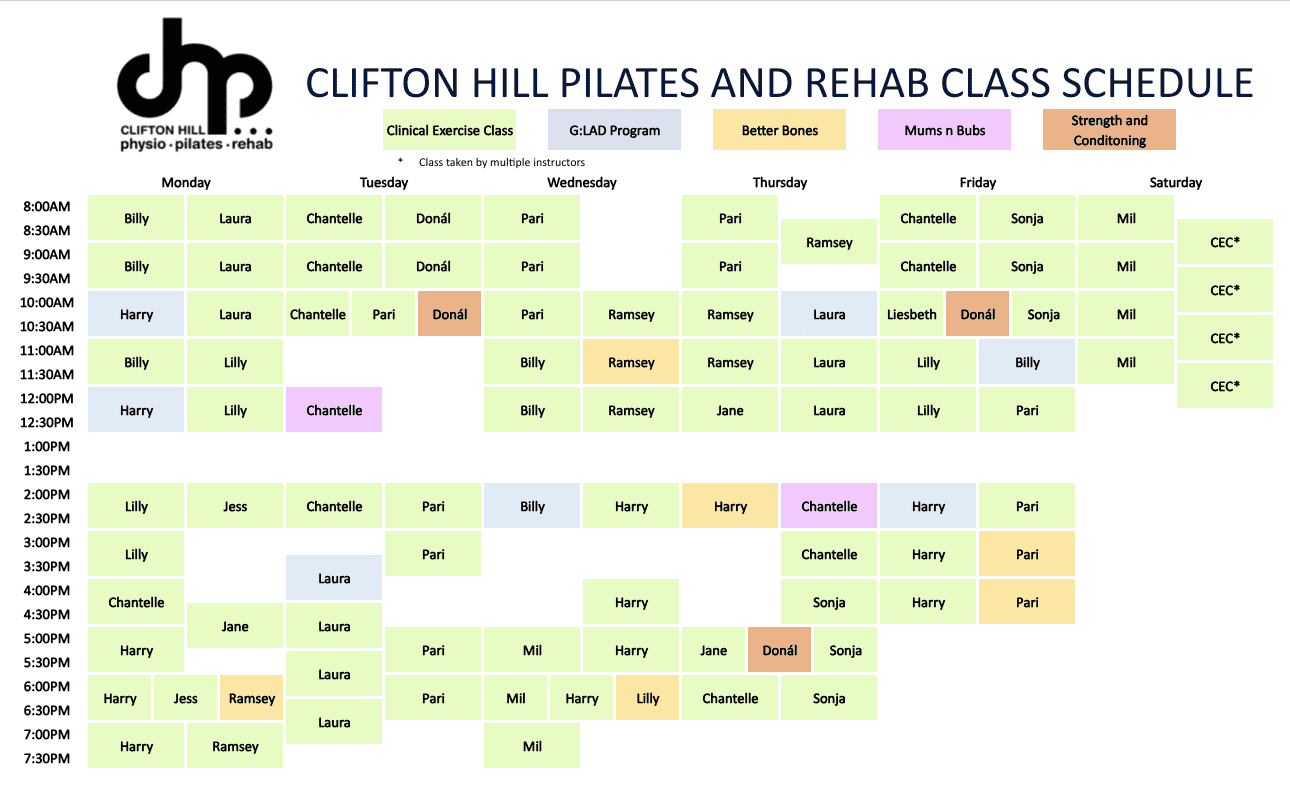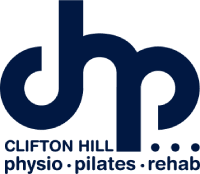Key Benefits of Clinical Exercise:
- Targeted rehabilitation from injury, surgery or illness.
- Improved posture, balance, strength and fitness.
- Improve muscular strength, flexibility and control.
- Improve pelvic floor activation, core strength and control.
- More efficient functional and sport-specific biomechanics.
- Pre and post natal care.
Better Bones
Targeted bone loading classes for anyone 55 years of age and above. Four key exercise based on the LIFTMOR study, 1) Deadlifts 2) Overhead press 3) Back squats and 4) Jumping chin-ups with drop landings + exercises to improve balance, core strength, arm and leg strength. The LIFTMOR study demonstrated benefits including increased bone mineral density, increased height, improved back extensor strength and improved general function.
You will first have an individual consult with one of our Physiotherapists to determine your base starting level of fitness and physical capacity to ensure that the exercise and weights you will use are appropriate and safe. The Physiotherapist will also introduce you to the 4 key exercise components and familiarize yourself to the gym prior to joining classes.
Contact us to enquire for more information and for class registrations.
Strength
Strength and conditioning classes are aimed at people who are looking to improve their physical fitness and performance through high-intensity resistance and cardiovascular training. You will work with your physiotherapist to achieve your goals (whether they be improving strength, your endurance, power or speed). World Health Organisation recommends that everyone complete at least 2 sessions of strength training each week. Classes are small group, circuit style with individalised components to meet your goals.
Timetable

Stay Updated
Stay connected to the latest news and information from Clifton Hill Physio.
Frequently Asked Questions
Clinical Exercise Physiology is a specialised field focused on using exercise as a therapeutic tool to manage chronic diseases and health conditions.
Practitioners, known as clinical exercise physiologists, design and deliver exercise programs tailored to individual needs.
Clinical Exercise Physiology helps in treating a variety of conditions, including:
- Cardiovascular diseases (e.g., heart disease, hypertension)
- Metabolic disorders (e.g., diabetes, obesity)
- Musculoskeletal problems (e.g., arthritis, osteoporosis)
- Neurological conditions (e.g., stroke, Parkinson’s disease)
- Respiratory diseases (e.g., asthma, chronic obstructive pulmonary disease)
- Mental health conditions (e.g., depression, anxiety)
- Cancer recovery
- Chronic pain and fatigue syndromes
- Age-related issues (e.g., balance and mobility problems in older adults)
- Rehabilitation following surgery or injury
These programs aim to improve, restore, or maintain physical function, health, and wellness, particularly in populations with chronic conditions like heart disease, diabetes, and arthritis.
At an exercise clinic, you can expect a comprehensive assessment of your physical health and fitness levels by qualified professionals. They will develop a personalised exercise plan tailored to your specific health needs and goals.
The clinic provides a supervised environment where you can safely perform exercises, often with specialised equipment. Regular evaluations are conducted to track progress and adjust the program as needed. The focus is on promoting long-term health and managing specific conditions through exercise.
In recent years many Physiotherapy clinics have renamed their classes to “Clinical Exercise” sessions. This is to avoid any confusion between fitness “Pilates” and rehabilitative exercise prescribed by a health care professional. Our classes contain a mixture of gym-based exercises, and use Pilates reformers and equipment as well.
This varies from person to person and depends on many factors including: injuries, pain levels and previous experience. The 1:1 sessions are to form an individualised program, and most importantly to know you will be safe in the studio. Most people require between two to five sessions, and this will be discussed with you in your initial appointment.
Our classes are all run by experienced Physiotherapists. Each class can accommodate up to four people, who will all be completing their own individualised program, under the supervision of the physiotherapist. You are not expected to know your program, but we do expect a level of independence and safety in the studio.
Yes. If you have private health insurance with extras (physiotherapy), you will be able to claim both your individualised and group sessions (code 560).
Yes, you can join a class, but this will need to be discussed with your medical professional prior to attending. In some pregnancies you will need to have medical clearance to attend.
If you have previously been attending our classes and have recently become pregnant or had a baby, you will need to attend another 1:1 session to review your program before returning to classes.
Following your delivery you will have a six week check with your obstetrician or medical professional. Once you have gained clearance to exercise, you will be able to attend an initial assessment with one of our physiotherapists.
Yes, however we recommend a postnatal check with one of our experienced Women’s Health Physiotherapists. This way our instructors can be sure that you are working at an appropriate level, and can effectively use your deep core muscles.
Yes you are more than welcome to bring your baby along to a mums and bubs exercise class. Most mothers will bring their pram or bouncer into the studio with them. We do not run any other classes during mums and bubs so you can feel comfortable if you need to change, feed or settle your baby during the class.
Due to safety concerns, we ask that once babies become mobile (crawling or walking) they stay at home.

